
Recent Podcasts
A humanitarian crisis-- where life has been upset by natural disaster, conflict, or forced displacement-- can disproportionately impact women and girls. Women and girls, at disproportionate risk for gender-based violence, maternal health complications, and barriers to accessing aid, have different requirements in these settings. Julianne Deitch, Associate Director of Research at the Women’s Refugee Commission (WRC), looks back with us on this last year’s foreign aid cuts and talks to us about the substantial impacts on women and girls in crisis.
The Asian American and Pacific Islander (AAPI) community is made up of various ethnicities, languages, and translation needs, requiring different and individualized advocacy and policy discussions-- particularly when that policy relates to sexual and reproductive health, rights, and justice. Christina Baal-Owens, Executive Director of the National Asian Pacific American Women’s Forum (NAPAWF) sits down to talk with us about recent research performed by NAPAWF showing the most pervasive barriers to abortion access for the AAPI community and AAPI immigrants in the U.S.
The Global Gag Rule, started by President Ronald Regan in 1984, prevented foreign NGOs from receiving U.S. family planning assistance if they performed, promoted, advocated for, counseled on, or referred patients for abortion. It has gone in and out of place since then, depending on who is in the White House. It was expanded during the first Trump administration to apply not only to family planning funding, but all of global health funding. Caitlin Horrigan, Senior Director of Global Advocacy at the Planned Parenthood Action Fund and Beirne Roose-Snyder, Senior Policy Fellow at the Council for Global Equality, sit down to talk with us about the new and purposefully broad expansion on an already-devastating rule.
It has officially been one year since the beginning of the second Trump term. Almost immediately, the administration dismantled global public health, including sexual and reproductive health. Gender equity and LGBTQI+ health and rights, especially transgender health and rights, have been consistently attacked. Jessica Mason Pieklo sits down to talk with us about the administration’s recent strategies of authoritarianism, and what to continue to watch for.
We are approximately one year into Trump 2.0, where the administration has dismantled the systems we have worked to build. Civil rights offices have been gutted, DEI programs paused or eliminated, data erased, and enforcement mechanisms present behind-the-scenes. Meanwhile, the decimation of USAID and the de-prioritization of global health have led to a radically different foreign policy architecture and the closure of health clinics, service disruption, and the shutdown of community organizations abroad. Gayatri Patel and Preston Mitchum, Senior Fellows with rePROs Fight Back, sit down to talk with us about attacks to LGBTQI+ rights and gender, and how these attacks intersect.
If you're planning to have an abortion soon or you have had one in the past… if you’re feeling a strong emotion (or many of them) before or after receiving care… or if you are looking to support a friend, Becca Rea-Tucker’s (author, baker, and reproductive rights advocate) new book, The Abortion Companion: An Affirming Handbook for Your Choice and Your Journey, is a safe and supportive resource to learn more and have a safe space.
In the U.S., a large proportion of immigrant communities remain unable to access healthcare. And even before the fall of Roe v. Wade, Latine people, immigrants, and communities of color faced disproportionate barriers to abortion care. Criminalization, ICE raids, travel, and language barriers further deter immigrant communities from seeking abortion care. Lupe Rodriguez, Executive Director of the National Latina Institute for Reproductive Justice (NLIRJ), sits down to talk with us about how immigrant justice and reproductive justice intersect.
There’s still time in the year to hear from leaders and advocates in the sexual and reproductive health and rights field! On this episode of our most popular series, SRHR Hero Origin Stories, we talk to a number of amazing heroes in the field of reproductive health, rights, and justice about how they began working in this space. On this episode, hear from Lupe Rodriguez, Executive Director of the National Latina Institute for Reproductive Justice, Dr. Monica McLemore, Professor at New York University’s Rory Meyer’s College of Nursing, Samira Damavandi, Senior Policy Associate for Federal Issues at the Guttmacher Institute, and Jennie Wetter, Director and Host of rePROs Fight Back.
Feminist foreign policy is a policy framework that challenges traditional understandings of foreign policy. It prioritizes peace, gender equality, human rights, and environmental integrity. Jill Montilla, Development and Communications Associate with the Feminist Foreign Policy Collaborative and Spogmay Ahmed, Senior Policy Advisor with the Feminist Foreign Policy Collaborative, sit down to talk with us about why a framework that disrupts colonial, racist, patriarchal, and male-dominated power structures is critical.
Tune In!
Reproductive health and rights should not be restricted, and neither should your listening options! Tune into our podcast on your favorite platform and join us on social media for more updates.


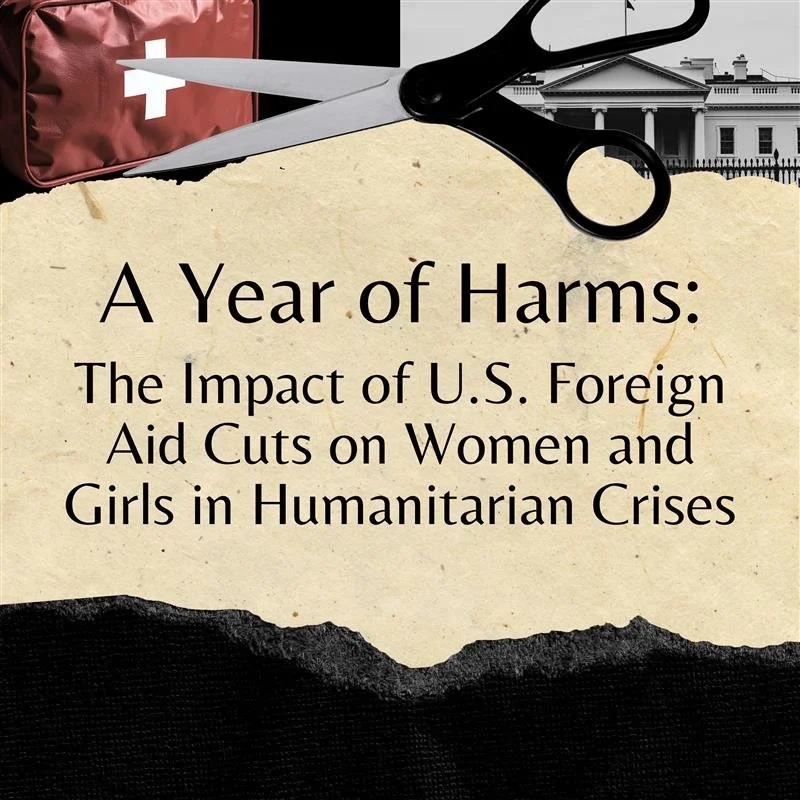
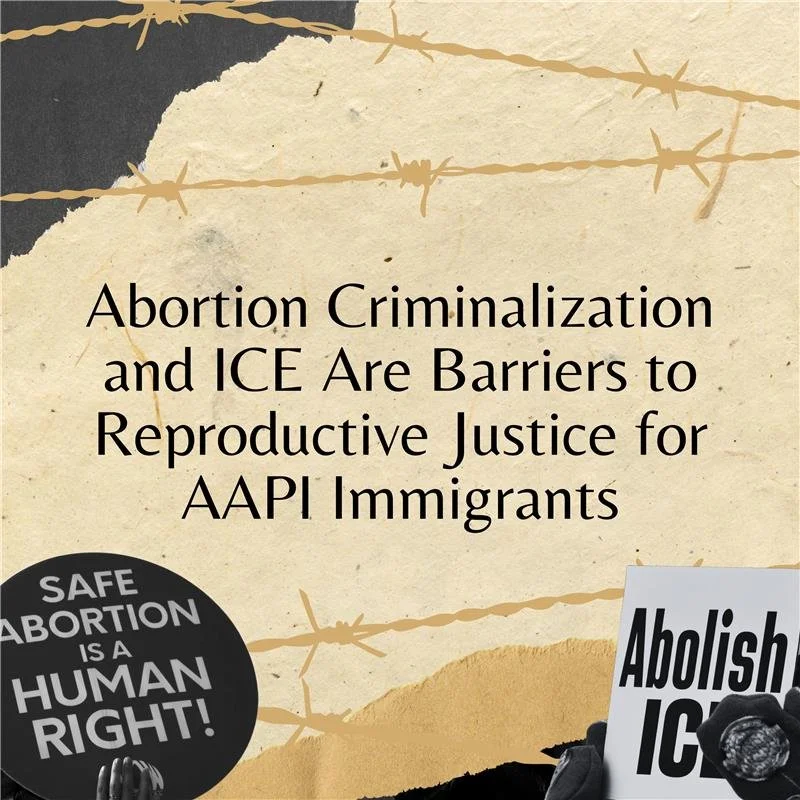
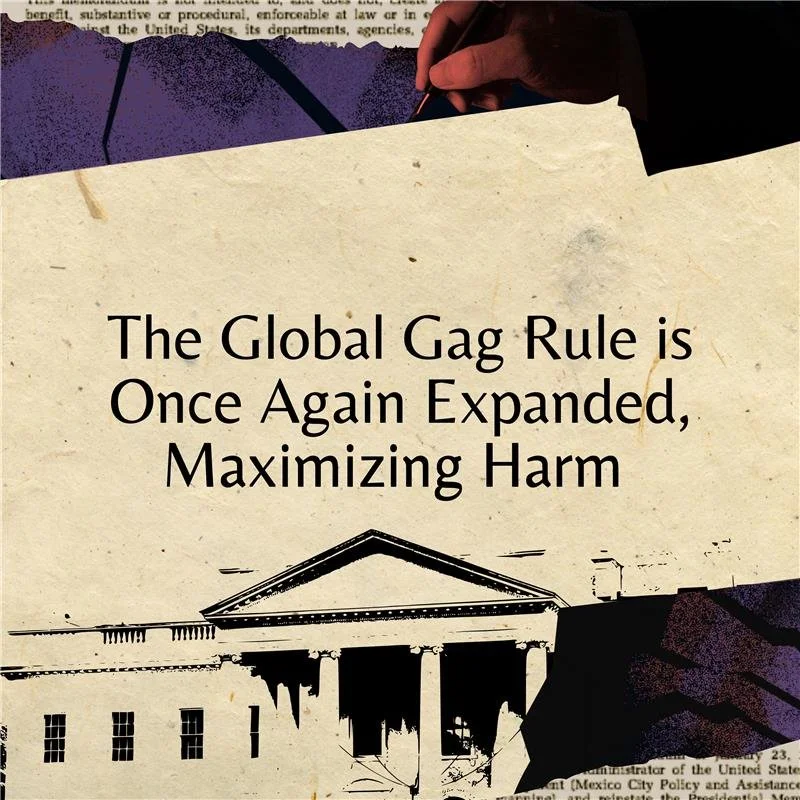
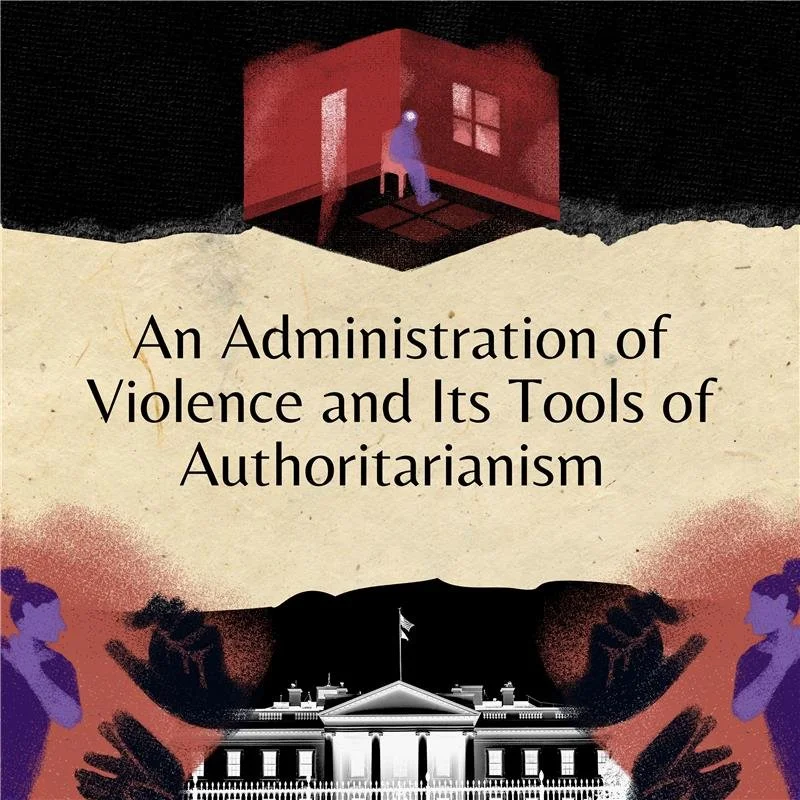
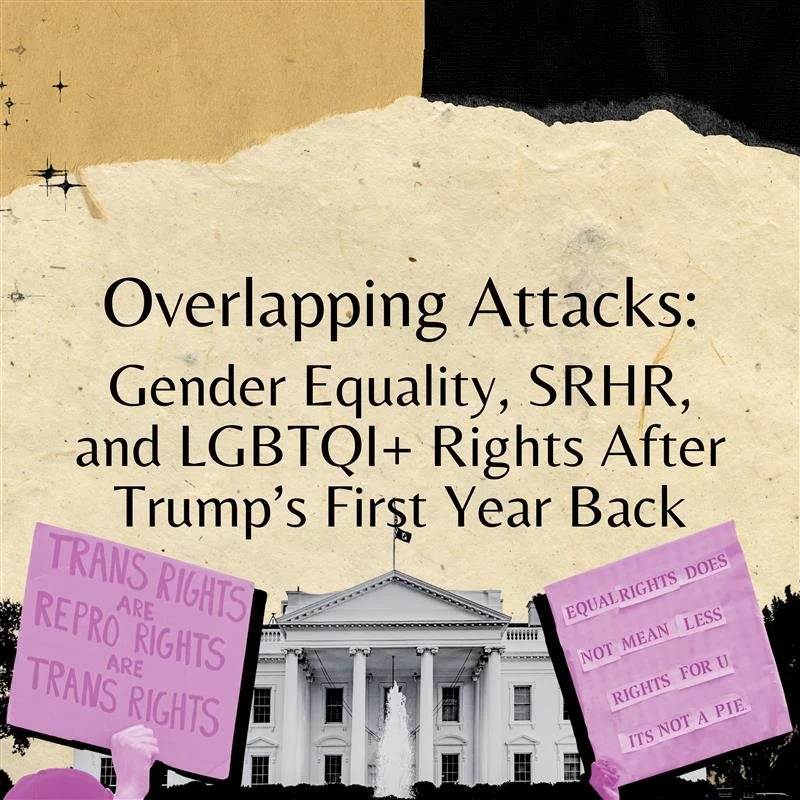
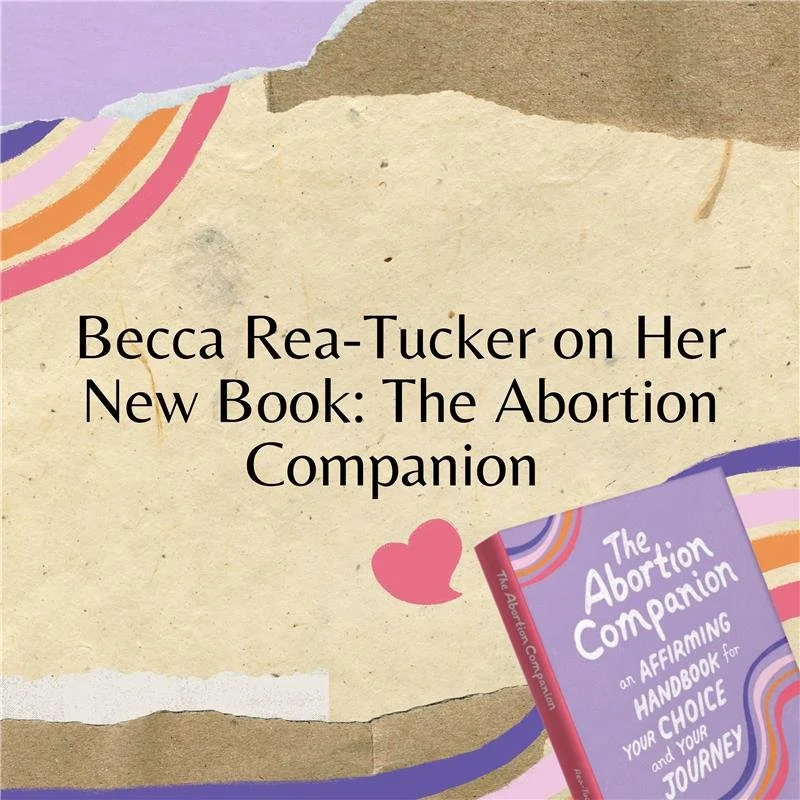
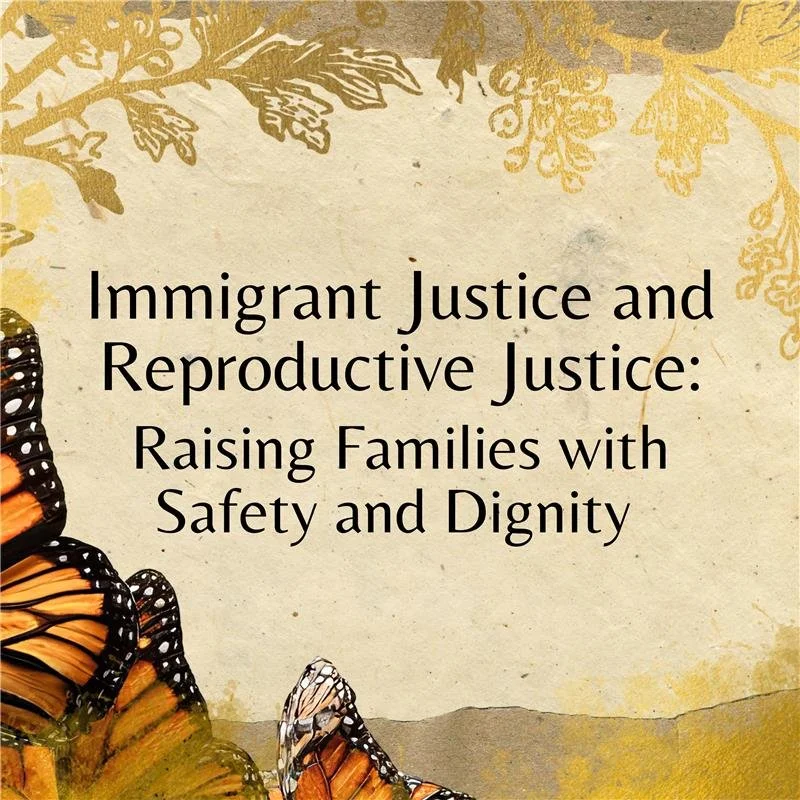
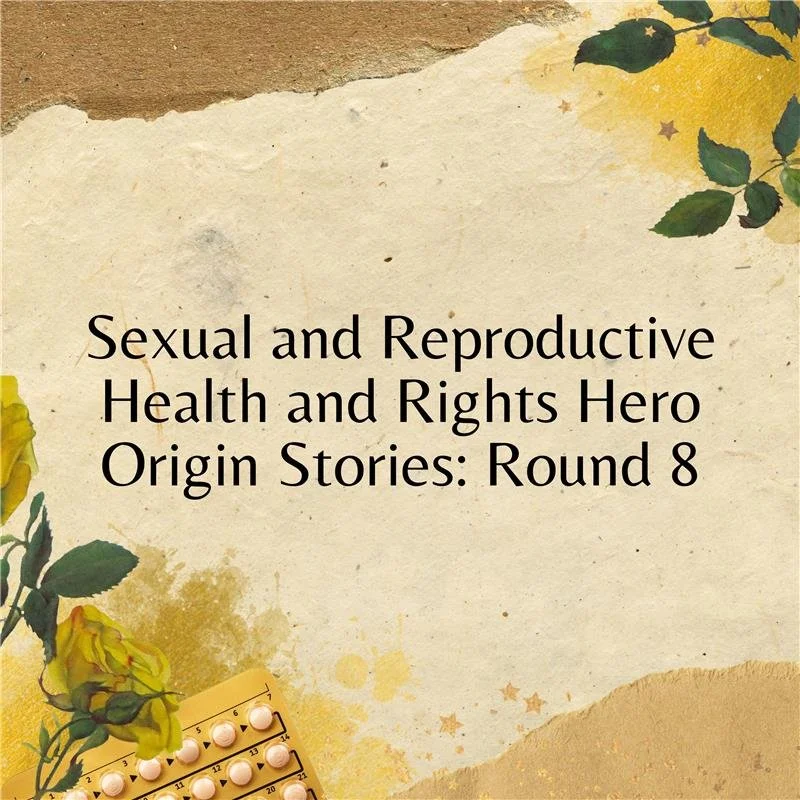

A humanitarian crisis-- where life has been upset by natural disaster, conflict, or forced displacement-- can disproportionately impact women and girls. Women and girls, at disproportionate risk for gender-based violence, maternal health complications, and barriers to accessing aid, have different requirements in these settings. Julianne Deitch, Associate Director of Research at the Women’s Refugee Commission (WRC), looks back with us on this last year’s foreign aid cuts and talks to us about the substantial impacts on women and girls in crisis.